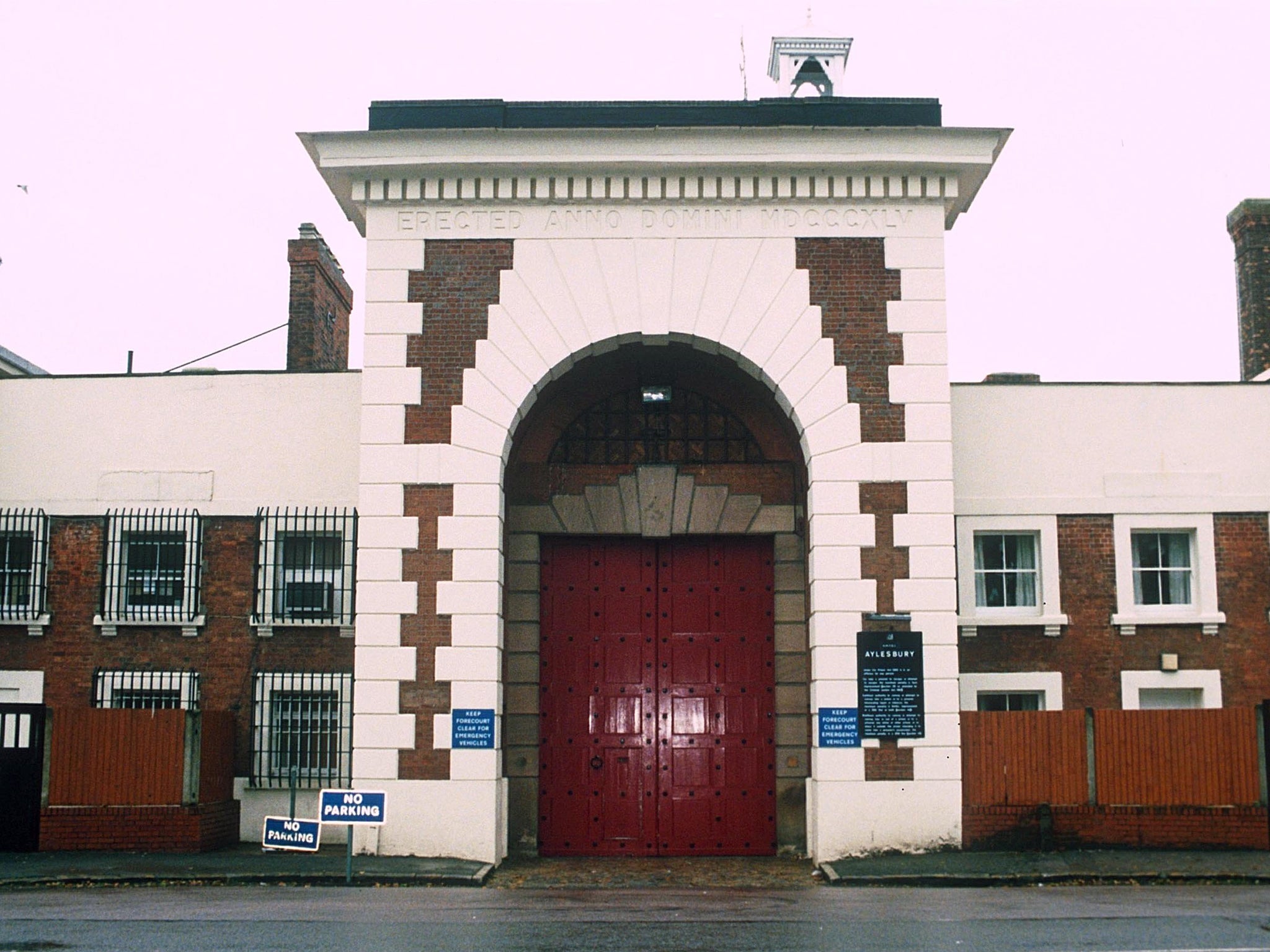Michael Gove’s promise to tackle the prison crisis is welcomed by many - but can he deliver?
Now he needs to find ways of defying financial pressures and political pressures and turning them into results

Teenagers in Aylesbury jail are locked up in dangerous, violent conditions with little useful activity to fill their time and too few staff to supervise them, the Chief Inspector of Prisons warned on 6 October. On the same day at the Tory conference, Justice Secretary Michael Gove outlined his vision of a tough but fair penal system which gives offenders a second chance and turns them into productive members of society.
The next day, David Cameron confirmed that a “great transformation” of prisons would be a key goal of his second and final term in office. Turning the likes of Aylesbury prison – or Pentonville, Belmarsh or Cookham Wood jails, which have all suffered grim recent inspection reports – into productive and humane institutions presents Mr Gove and Mr Cameron with a momentous challenge.
Many have made similar promises over the years, producing slogans about rehabilitation revolutions and ending the revolving door between crime and prison. All their good intentions have come to nothing. The prison population has doubled since the mid-1990s, reoffending rates remain stubbornly high and Mr Gove admits that conditions behind bars have deteriorated to their worst state for a decade.
The Justice Secretary faces an immediate problem over signs that crime rates could be about to edge up again after dropping steadily, allied to coping with an influx of men jailed for historic sex offences.
In trying to succeed where his predecessors have failed, he has a further difficulty as his department faces a budget cut of at least 25 per cent over the five years in which he wants to turn round prisons.
Some money will be raised from the sale of outdated Victorian jails in prime city centre sites, but those one-off receipts will represent only a fraction of the Ministry of Justice’s annual budget. A Government source insisted: “Just because spending is being cut it doesn’t mean things fall apart. Money has to be spent more smartly.”
Actually, costs need to be reduced so dramatically that ministers are considering the politically sensitive move of a major extension of electronic tagging of minor offenders to keep them out of custody and in the community.
The Tories were fiercely critical of the initiative when Labour pursued it in government and Mr Gove could face criticism from the party’s right wing that he is going soft on crime. But the attractions of creating “electronic prisons” are obvious when it costs more than £30,000 a year to keep an offender locked up. Cut the prison population by 20 per cent and there would savings of hundreds of millions of pounds – some of which could be diverted into the expensive business of rehabilitation. Mr Gove also plans a fundamental devolution of power from Whitehall to prison chiefs similar to the creation of hundreds of academy schools free from council control which he oversaw at Education. That would enable governors to design education, training and work programmes to suit their prisons, as well as incentive schemes to encourage inmates to acquire qualifications and practical skills. Outside companies will also be urged to shoulder some of the costs in return for acquiring trained recruits upon their release.
Mr Gove’s public pronouncements on tackling the prisons crisis have delighted campaigners for penal reform. His words are the easy part. Now he needs to find ways of defying financial pressures and political pressures and turning them into results.
Join our commenting forum
Join thought-provoking conversations, follow other Independent readers and see their replies
Comments
Bookmark popover
Removed from bookmarks